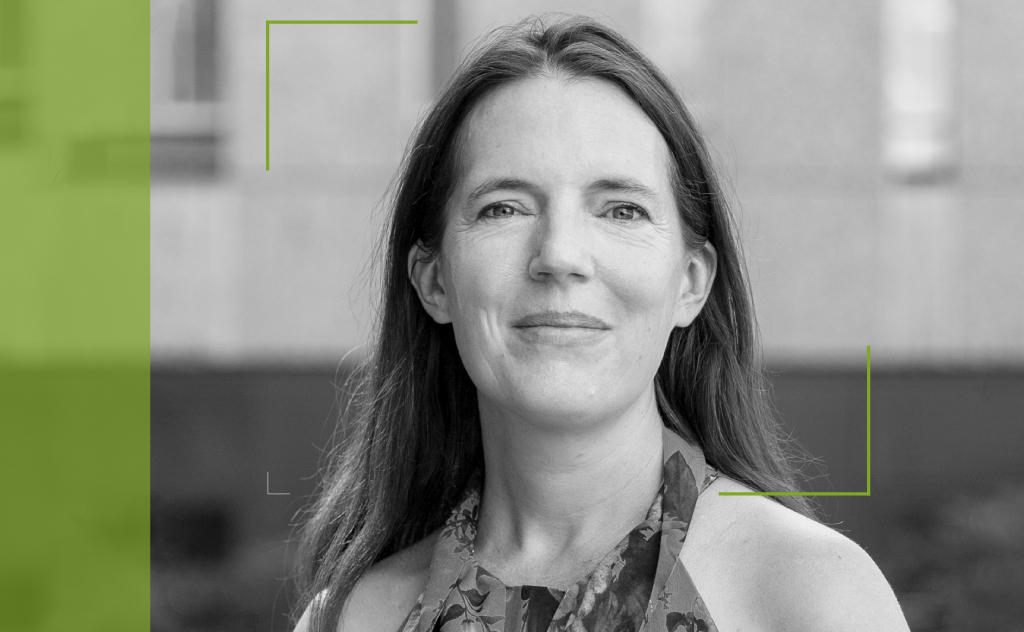Heidelberg, 10 February 2021 – The FEBS | EMBO Women in Science Award recognizes outstanding scientific achievements in the last five years of a female life scientist who carried out the research in Europe. The recipients are also inspiring role models for future generations of scientists.
“I am humbled by this award which is a fantastic recognition of all the work that my team of brilliant researchers does. I’m continually inspired by them and by the potential for our science to change lives,” Stevens says about the award and her team.
Molly Stevens receives the award for her innovative bioengineering approach that addresses key problems in regenerative medicine and biosensing. Her multidisciplinary research has not only advanced the understanding of interactions at the biomaterial interface, its results are also being translated into the development of point-of-care tests for tumours and viruses such as HIV and Ebolavirus. These biosensors are designed to allow rapid diagnoses anywhere in the world.
The President of Imperial College London, Alice Gast, says: “Prof Molly Stevens is an extraordinary scientist at the forefront of the field of biosensing and regenerative medicine. She uses a visionary cross-disciplinary approach rooted on a clear understanding of the biochemical interactions that define the bio-interfaces.” Commenting on Stevens’ mentoring activities, Gast continues: “She is an inspiring role model for women that follow her steps to achieve successful academic and scientific careers. Without a doubt she has opened doors for women following similar paths and has inspired and mentored many students and researchers in her lab through her many public engagements including keynote lectures at EMBO Workshops.”
Stevens has received more than 30 awards and honours, including the Karen Burt Memorial Award of the Women’s Engineering Society, UK, and is a Fellow of eight learned societies in the UK. She addressed world leaders at the World Economic Forum in Davos in 2020 and discussed how mobile health technologies are democratizing healthcare.
Robert Langer of the Massachusetts Institute of Technology, USA, who was Stevens’ postdoctoral advisor, explains: “Molly designs diagnostic technologies that are cost-effective, easy to interpret and that do not need specialist lab equipment. The tests can be combined with a smartphone app that collects and analyses results, connects with health centres and monitors patients, as validated for an Ebola serological test in Uganda with 91 survivors. This is an extremely powerful mobile health approach that will revolutionize the diagnostics field.”
The FEBS | EMBO Women in Science Award 2021 of 10,000 euros and a bronze statuette will be presented to Stevens at the 45th FEBS Congress on 5 July 2021, where she will give a plenary lecture.



